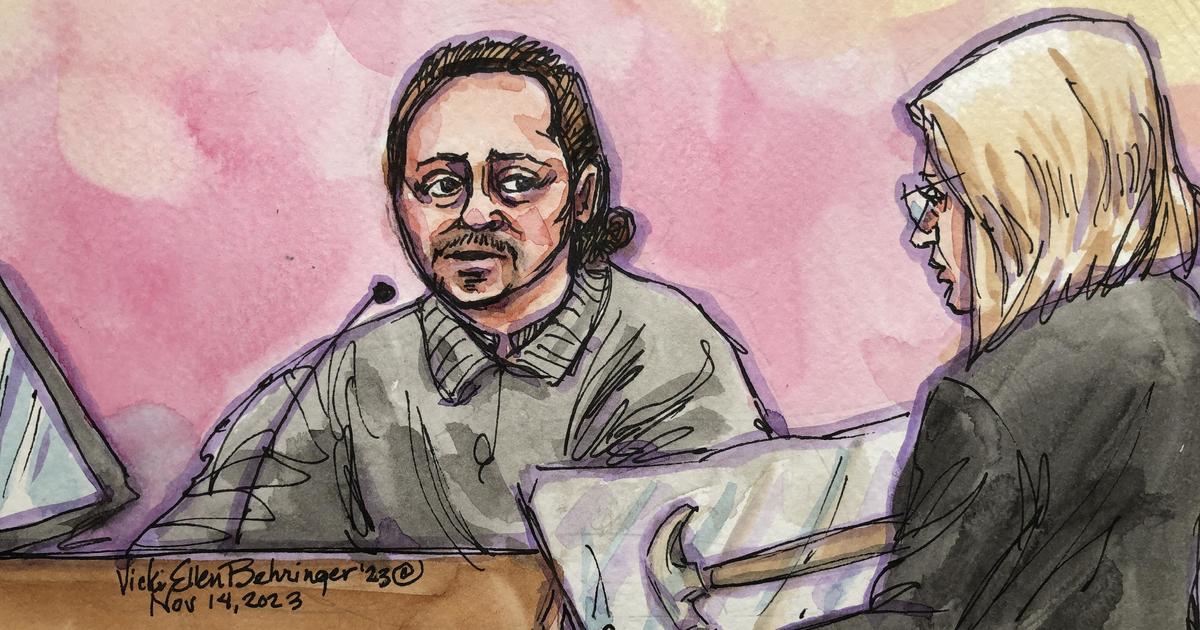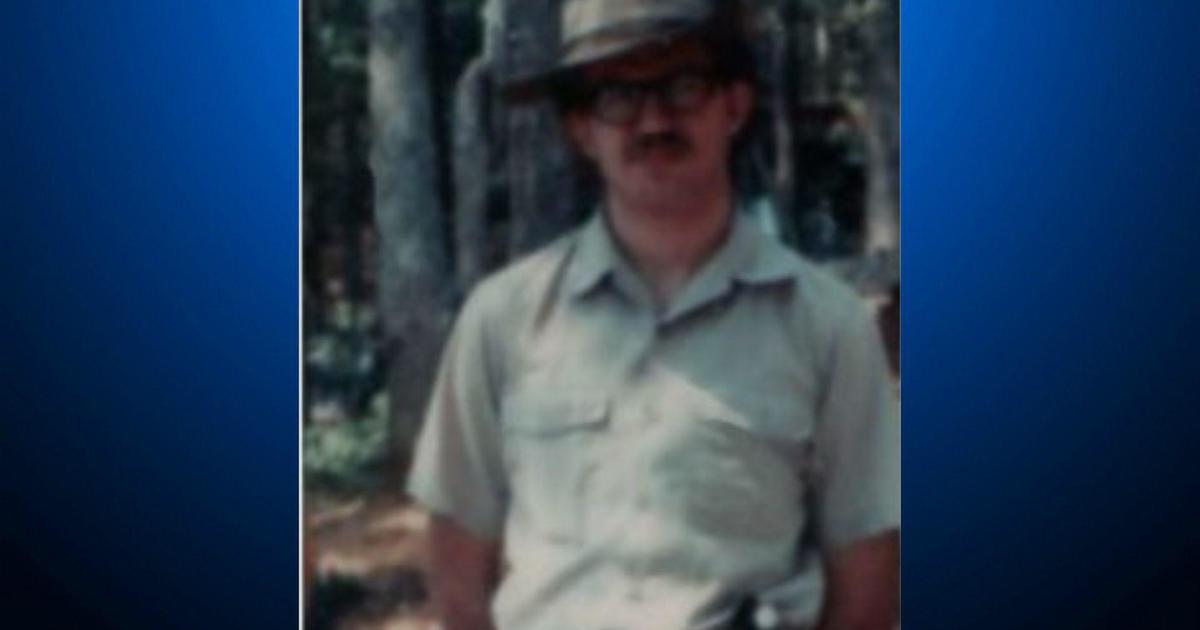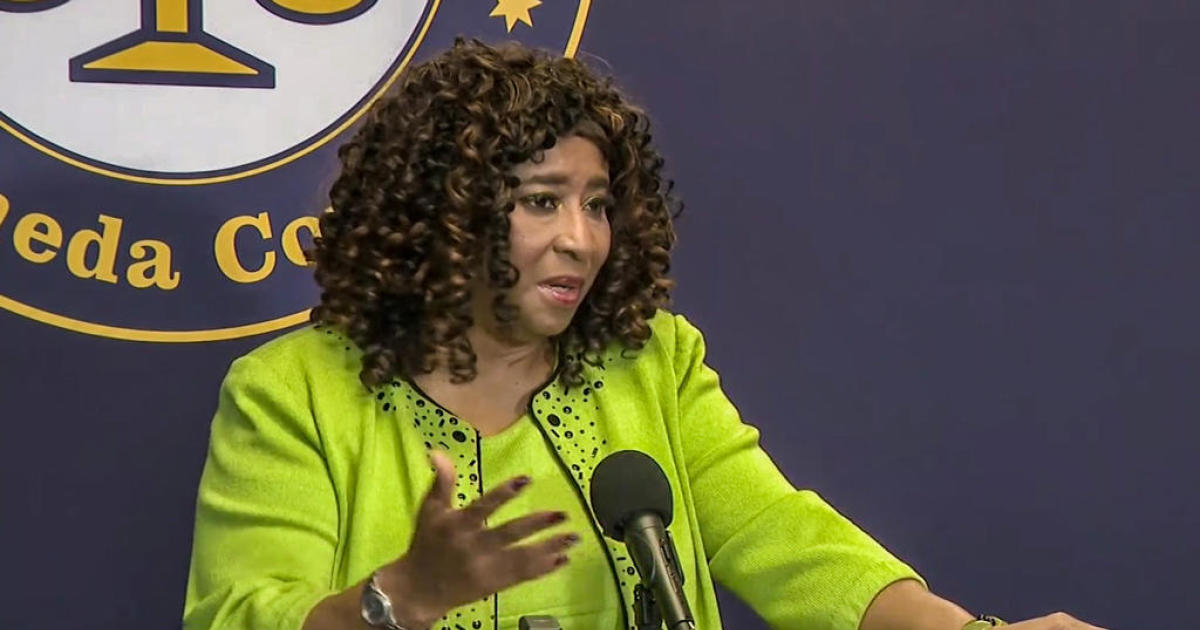Judge Rules Schwarzenegger Sentence Reduction Didn't Break Law
SACRAMENTO (CBS/AP) - A Sacramento County superior court judge ruled Friday that former Gov. Arnold Schwarzenegger didn't break any laws when he cut the manslaughter sentence for the son of a political ally just hours before leaving office last year.
Judge Lloyd Connelly called Schwarzenegger's decision to reduce Esteban Nunez's sentence from 16 years to seven years distasteful and "repugnant to the bulk of the citizenry of this state," but within his executive powers as governor. Nunez is the son of the governor's onetime political ally, former Assembly Speaker Fabian Nunez.
Esteban Nunez pleaded guilty to voluntary manslaughter in a 2008 attack on an unarmed group of young men after he and some friends were turned away from a fraternity party in San Diego. Three others pleaded guilty to various charges in the attack that killed 22-year-old college student Luis Santos.
Santos' family and the San Diego district attorney sued, claiming that Schwarzenegger violated the voter-approved Marsy's Law, which requires families be notified about cases involving their loved ones.
"The attorney general's office fought for corruption, and they won," said Kathy Santos, Luis' mother, outside court. "They defended a backroom deal, you know? They got away with it for today, but we're very disappointed. Where's the justice for our son? He was murdered. Two conniving politicians got away with it."
The family said the judge's words were not enough. They want the reduced sentence for Nunez thrown out.
Connelly sided with the attorney general's office in ruling that Marsy's Law does not specifically address the governor's power of pardons and commutations, which may have been an oversight when it was drafted.
He said that other laws cited by the plaintiffs' attorneys also did not place a specific obligation on the governor to notify the family or the district attorney, even if that had been the practice in Schwarzenegger's office for other pardon and commutation applications.
"Based on the evidentiary records before this court involving this case, there was an abuse of discretion," Connelly said. "This was a distasteful commutation. It was repugnant to the bulk of the citizenry of this state. ... It is outside the normal realm, the normal circle of fundamental justice."
But, he said, it was not illegal.
San Diego District Attorney Bonnie Dumanis said her office will appeal the judge's decision. The Santos family said they were considering their options.
Schwarzenegger said in his commutation notice that he believed the sentence was excessive given Nunez's "limited role in the killing." He said evidence showed that Nunez's friend delivered the fatal blow, yet both men received the same 16-year-sentence.
The former governor told Newsweek in April 2011 that his office made a mistake in not notifying Santos' parents, but he defended the decision, saying: "I mean, of course you help a friend."
Dumanis and attorneys for the Santos family said Schwarzenegger blatantly violated the state constitution with his last-minute decision, ignored the victims' due process rights and acted "in an arbitrary and capricious manner."
There was evidence that Schwarzenegger generally required that his office follow the provisions of Marsy's Law, which voters approved while he was in office in 2008, when he considered other clemency cases, Deputy District Attorney Laura Tanney wrote in a brief filed this week.
"Schwarzenegger knew the law, he knew exactly what was required of him, and yet he defied the oath of his office," Tanney wrote.
Esteban Nunez, now 23, is incarcerated at Mule Creek State Prison in Ione, about 50 miles southeast of Sacramento, and is scheduled for release in 2017. His father is a political consultant in Sacramento.
Gov. Jerry Brown in October signed a bill that was written in response to the controversy over Nunez's commutation. It requires the governor to give at least 10 days' notice to the district attorney in the jurisdiction where the crime occurred before acting on an application for clemency. That would give the district attorney time to notify crime victims and allow them to petition against a sentence reduction.
(Copyright 2012 by CBS San Francisco. All Rights Reserved. This material may not be published, broadcast, rewritten, or redistributed.)



